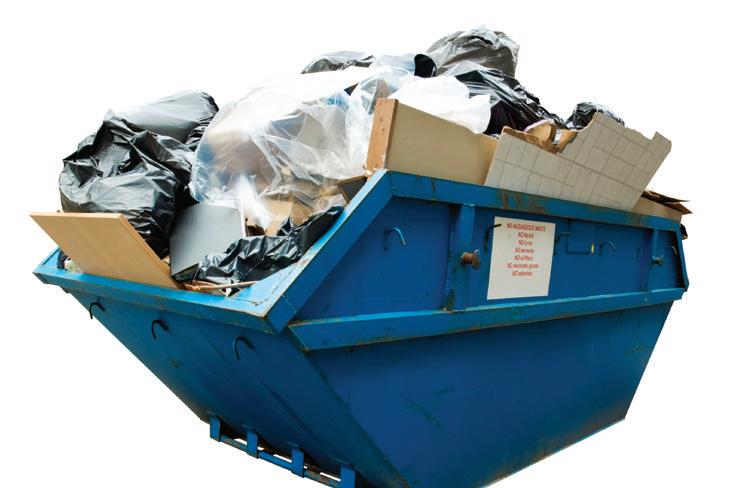2
Education: debates and issues A
Opportunity and equality All education systems may ultimately be judged in terms of equality of opportunity1. This is often referred to in the debates over selective2 versus comprehensive3 schooling4. The main issue is whether everyone has the same opportunities for educational achievement or whether elitism5 of one sort or another is inherent in6 the system. League tables7 for schools and colleges may actually help unintentionally to perpetuate8 inequalities, while claiming to promote the raising of standards. Inevitably, league tables divide educational institutions into good and bad, success and failure, resulting in a two-tier system9, or at least that is how the public perceives10 it. The ability of better-off11 parents and wellendowed12 schools to push children towards the institutions at the top of the league may, in the long term, have the effect of depressing13 opportunity for the less well-off14 or for children from home environments that do not provide the push and motivation to excel15. Financial support of different kinds can help to make educational opportunity more equal. There are, for example, scholarships16 or bursaries17 that make it possible for less privileged youngsters to afford tertiary18 education. Student loans19 allow undergraduates20 to pay for their tuition fees21 and living expenses while they are studying. But few would claim that real equality of opportunity has been achieved. 1 when everyone has the same chances 2 pupils are chosen for entry, usually for academic reasons, though, in the case of some private schools, parents’ ability to pay school fees may be a factor in selection 3 everyone enters without exams and education is free, paid for by the government 4 education received at school 5 when you favour a small, privileged group 6 existing as a basic part of something 7 lists of schools or colleges, from the best down to the worst, based on exam results and, sometimes, other criteria 8 make something continue 9 a system with two separate levels, one of which is better than the other 10 sees, considers
B
Other debates and issues Some people think we should return to an emphasis on the three Rs, the traditional, basic skills. [reading, writing and arithmetic] Literacy and numeracy are skills no one can afford to be without. [the ability to read]
11
richer r eceiving a lot of money in grants, gifts from rich people, etc. [= endowments] 13 reducing 14 poorer 15 achieve an excellent standard 16 money given to pay for studies, usually provided on the basis of academic merit 17 money given to pay for studies, usually provided on the basis of need 18 education at university or college level 19 money that students can borrow from a bank while studying and then pay back once they are in work 20 students doing a first degree [postgraduates = students doing a further degree] 21 money paid to receive teaching 12
Language help Notice how compound adjectives like well-off, well-endowed, high-achieving, badly-performing can be used in comparative and superlative forms, e.g. better-off, best-endowed, higher-achieving, worst-performing.
[the ability to count / do basic maths]
Curriculum reform is often done for political reasons rather than for good educational ones. [changes to what is covered in the national syllabus = plan of what is to be studied] Nowadays, lifelong/continuing education is an issue, and creating opportunities for mature students is important. [education for all ages] [adult students older than the average student] Special needs education is expensive because class sizes need to be small or one-to-one. [education for
children who cannot learn in the normal way, because they have some disability] [one teacher and one pupil, not a group]
Children are unhappy at school if there is a lot of bullying. [threatening behaviour] Some headteachers complain that getting to grips with constant new government guidelines on what schools should be doing is a distraction from what they ought to be focusing on. [advice (often official) on how something should be done] [takes attention away]
10
English Vocabulary in Use Advanced



















































